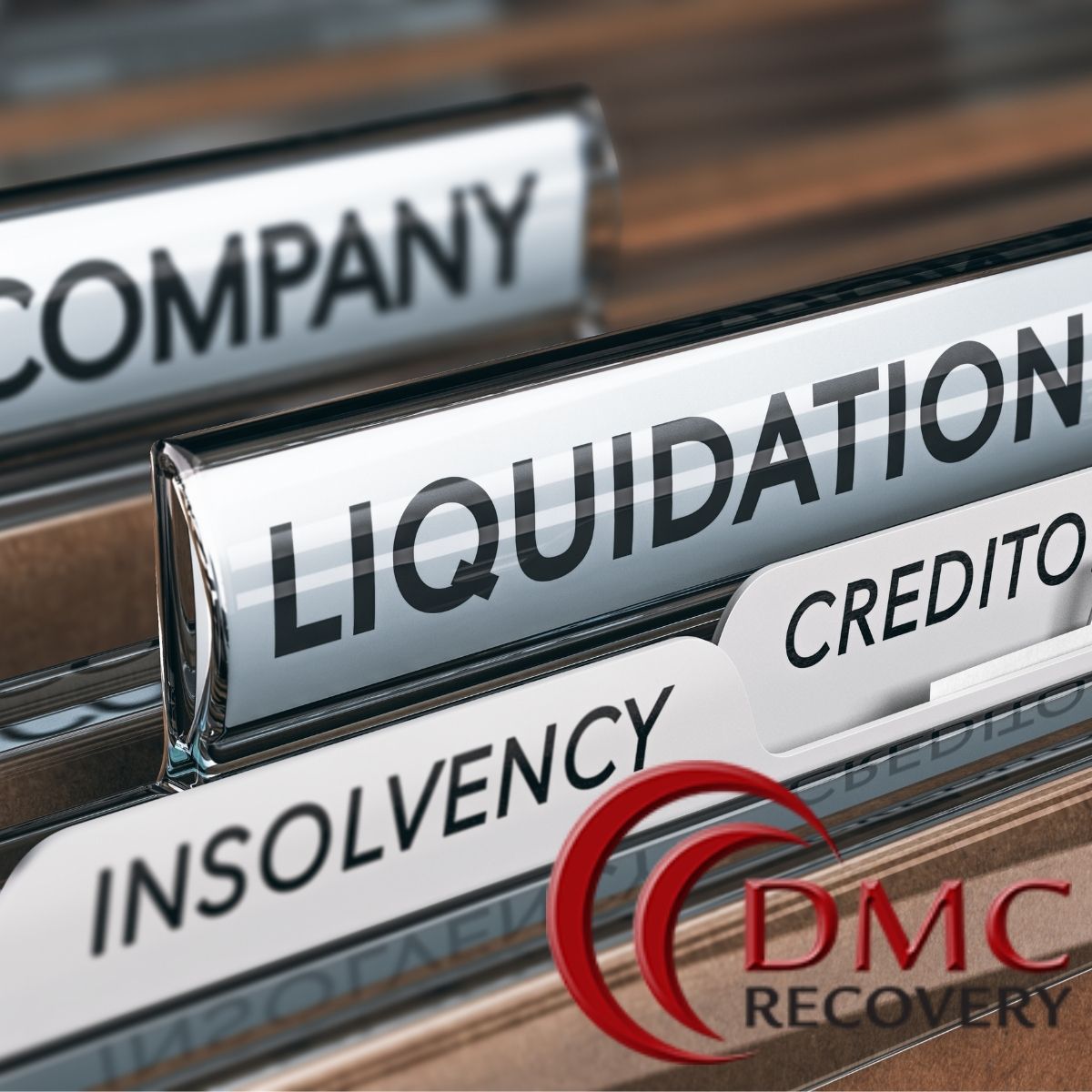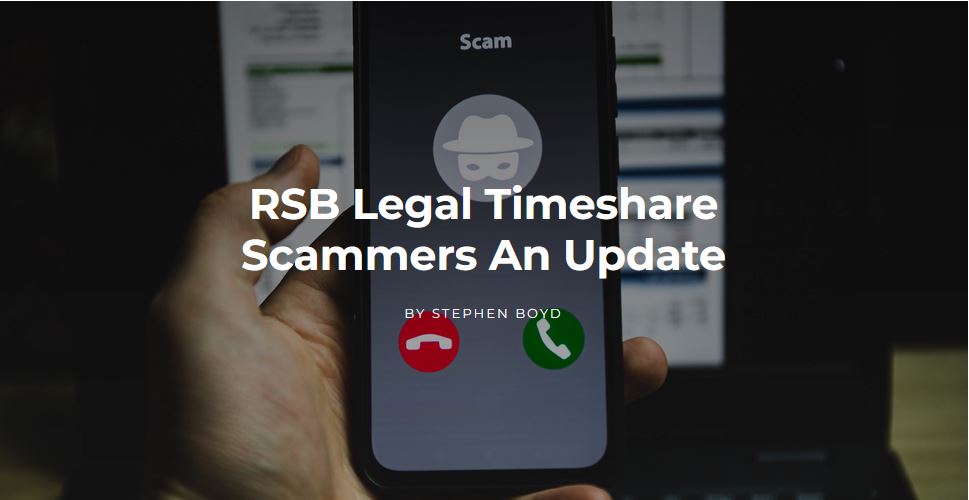Facing HMRC Arrears? Strategies for UK Businesses
For many UK businesses, a significant concern in the current economic climate is outstanding tax liabilities owed to HMRC. With rising costs and tighter margins, meeting tax obligations can be challenging. However, there are proactive steps businesses can take to address HMRC arrears and navigate this situation effectively. Understanding the Consequences of Late Payments Ignoring or failing to address HMRC arrears can have severe consequences. Penalties and interest charges accrue rapidly, further straining finances. HMRC possesses significant powers to enforce payment, including the seizure of assets, bank account freezing orders, and even winding-up petitions for persistent offenders. Communicating with HMRC: [...]










